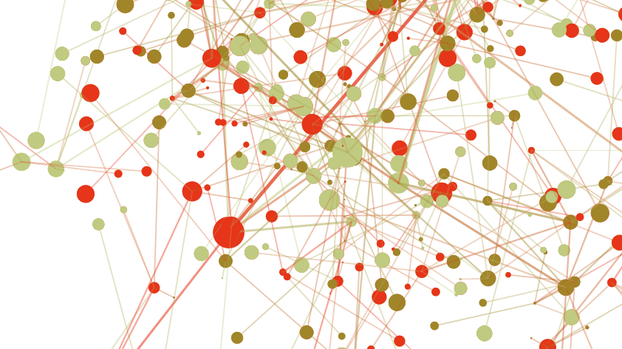
Dr. Rima Majed works as an Assistant Professor of Sociology at the American University of Beirut.
Most recent research on Iraq focuses on tendencies towards Islamization, sectarianism and violence. Knowledge about contemporary Iraqi political actors (political parties, groups, initiatives, movements) that define themselves as non-sectarian or progressive is scattered. Even if in 2015 some light was shed on the emerging demonstrations against a political system defined by corruption, patronage, socio-economic inequalities, and sectarianism, a deeper understanding of these emerging actors, their origins, developments, ideas, goals, and challenges is still lacking. In times of rapid changes in the Arab world with new political constellations emerging and prospects for future changes in the region shaping up, an understanding of social and political actors, programs, and options is of major importance. This study attempts to fill a gap in the literature by looking at contemporary social movements in Iraq. It focuses on two case-studies: (i) the post-2003 labor movement, and (ii) the 2015 mass mobilization. It first starts with a thorough desk review of primary and secondary sources (books, academic articles, and newspaper archives), then relies on 24 semi-structured interviews and a focus group discussion with representatives of trade unions and protest coordination committees in order to analyse the dynamics of the social and political mobilization of these groups in post-war Iraq. This study shows that the emergence of trade union organizations and social movement organizations in the post-war era played an important role in shaping Iraq’s current political, social, and economic landscape beyond the meta-narratives of war and sectarianism.